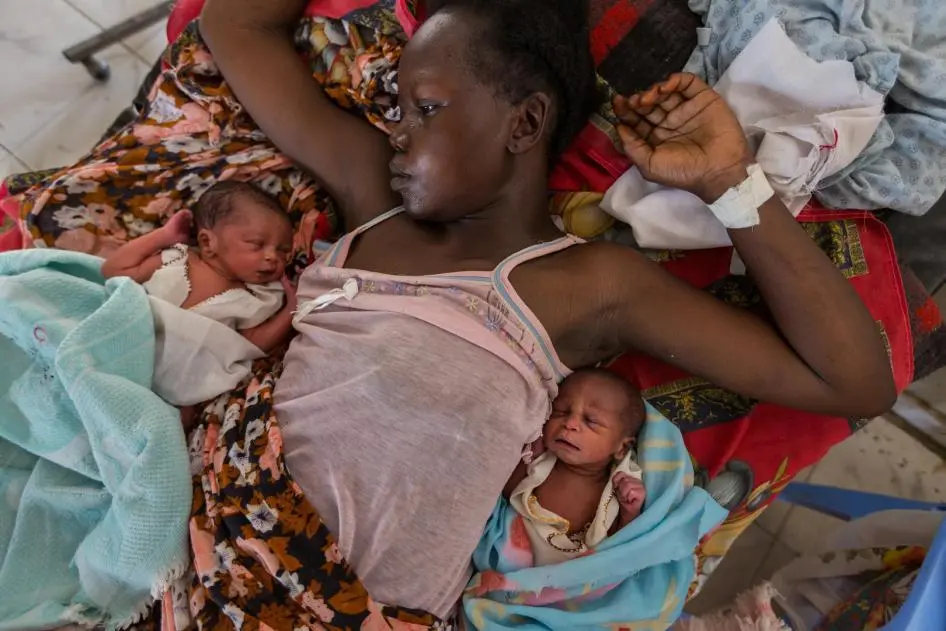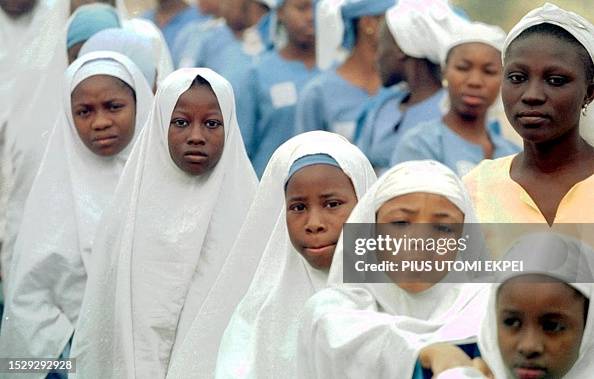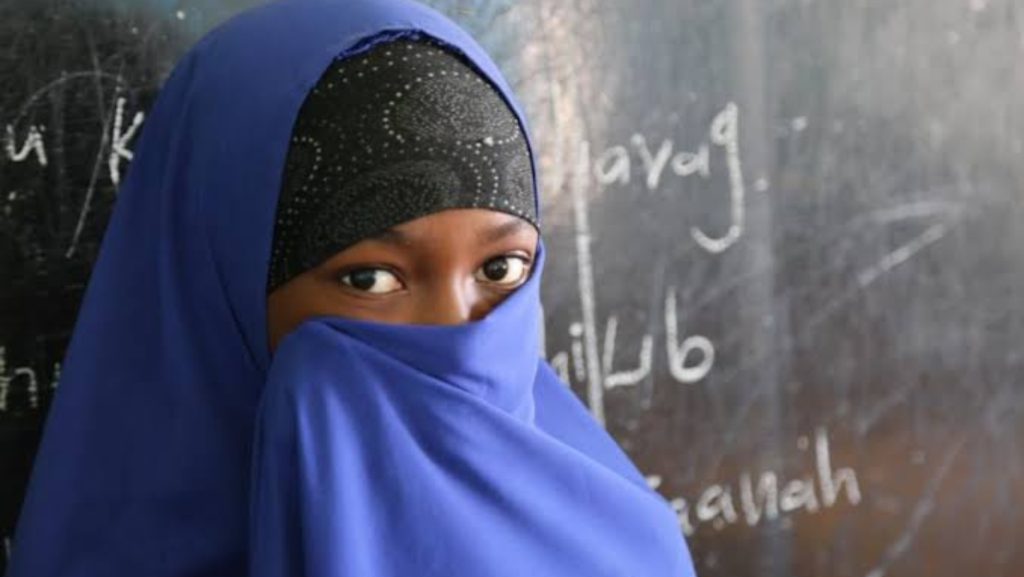In early October 2025, Somalia’s parliament made global headlines by passing a bill setting the minimum marriage age at 18, a bold move to protect girls in a country where conflict and tradition often leave them vulnerable. But within 24 hours, they scrapped it after religious leaders and elders cried foul, claiming it “destroyed Islam” and pushed “Western values.” This basically means that girls as young as 11 can still be legally wed with a nod from parents or clerics—a gut-wrenching reminder that tradition and poverty often trump girls’ rights.
Let’s bring it home.

Nigeria has the third-highest rate of child marriage globally with 44% of girls married before 18, which is about 24 million child brides. In northern states like Sokoto and Kano, it’s closer to 67%, driven by poverty, insecurity, and cultural norms that see girls as economic lifelines through dowries.
Just this week, a ” young woman” in Borno took her own life after her father forced her into marriage with her father’s friend. If child marriage is so “normal” in some communities, why are we seeing suicides, runaways, and fistula survivors begging for change? Girls as young as 12 or 13, whose bodies are still developing, face horrific risks in pregnancy.
Picture a 14-year-old in rural Kano, married to a 40-year-old trader. Her pelvis isn’t ready for childbirth, leading to a fistula that leaves her leaking, isolated, and unable to afford surgery. Then there’s HIV—child brides often can’t negotiate safe sex, spiking their infection risk.

The mental and social damage is just as brutal. Marriage often means dropping out of school—each year of early marriage cuts a girl’s chance of finishing secondary school by 6.5%. And don’t forget the abuse: marrying young often means marrying into control, where “protection” flips into domestic violence.
Economically, it’s a disaster too. Nigeria loses billions annually because child brides, denied education, can’t contribute to the workforce. A girl in Katsina, married at 13, might’ve been a coder or entrepreneur, but instead, she’s stuck in a cycle of dependency. Society pays too: child marriage fuels gender inequality, keeping women voiceless and communities stagnant.
What is the Way Forward?
Somalia’s brief flirtation with a marriage-age law, tied to their October 1 ratification of the African Children’s Rights Charter, shows change is possible, even if it’s shaky. Nigeria has the tools: the Child Rights Act sets 18 as the minimum in 24 states, but the northern holdouts (about 12, including Sharia-strongholds like Kano and Borno) dodge it, arguing it stomps on religious freedoms. Under Sharia interpretations, puberty signals marriage readiness, letting fathers betroth daughters young as a “divine right,” with courts often siding with faith over federal law. If your religion permits it, the thinking goes, the state has no business meddling.
Speaking of the tools Nigeria has to fight this, Senate recently passed a bill mandating that any man or woman who engages in sexual intercourse with a minor will face life imprisonment with no option for fines. But this begs the question: does this pierce through the armor of religion?
Child marriage is a gross rights violation robbing girls of health, education, and agency. Somalia’s drama put it back in the spotlight, but Nigeria’s the epicenter, and we can’t keep dodging it. So, what’s next? Amplify the conversation, push for systems that listen, and build a future where girls aren’t traded for dowries.
Follow Lists NG on Facebook, Instagram, X, and TikTok for more.



